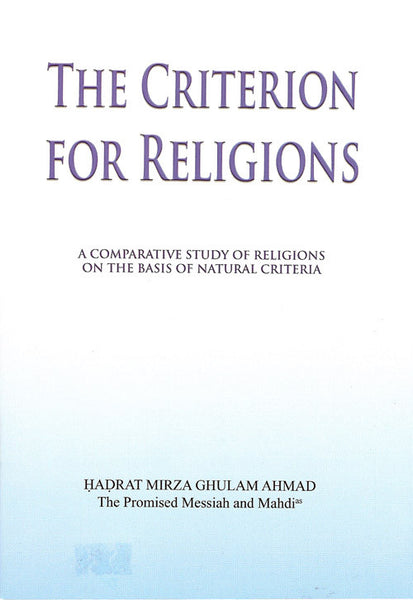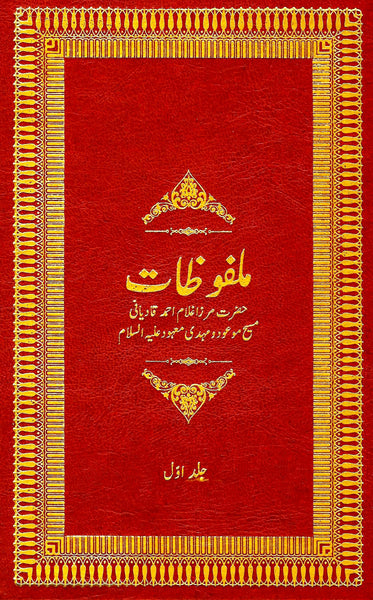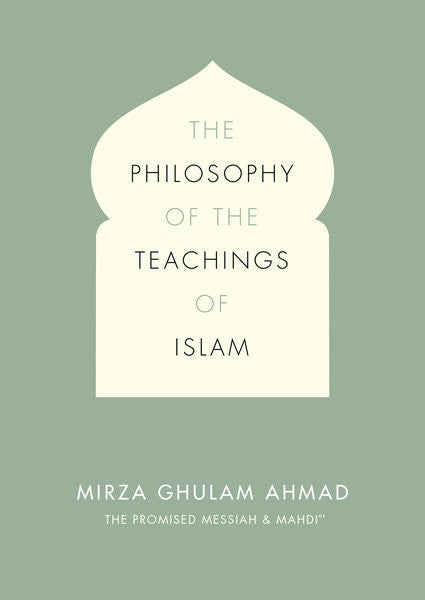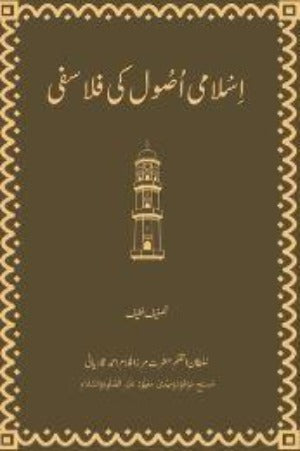
A comparative study of religions on the basis of natural criteria
by Hazrat Mirza Ghulam Ahmad, The Promised Messiah and Mahdi (as)
The Criterion for Religions, the English translation of Mi'yarul Madhahib written by Hadrat Mirza Ghulam Ahmad (as) of Qadian in 1895 makes a detailed comparison of three major religions - Hinduism, Christianity and Islam - from the standpoint of natural criterion as to why Hinduism and Christianity fail to present the Perfect and Omnipotent God as proclaimed by Islam.
God of Hinduism has only limited powers. His role is just like that of a mason who joins only already existing things and enjoys no role as a Creator. God of Christianity went through all the travails of life. That their God died for the sins of his followers is yet another invention of Christians. The idea of deifying humans was invented by Brahmans from whom the idea was borrowed by Greeks and was in turn borrowed by Christians from Greeks. The Christian dogma of Atonement only encourages to commit sins, to freely spread sinfulness, impiety and every kind of evil.
As against the views of Hinduism and Christianity about God. 'Islam's understanding of God', according to the author, 'is very simple and clear, and is in keeping with human nature. Even if the books of all other religions were to disappear along with all their teachings and concepts, God — towards Whom the Holy Quran leads would still be clearly reflected in the mirror of the laws of nature and His might and wisdom shall be found glowing in every particle. This claim is fully substantiated in the book which covers many important aspects of Islamic concept of God.
by Hazrat Mirza Ghulam Ahmad, The Promised Messiah and Mahdi (as)
The Criterion for Religions, the English translation of Mi'yarul Madhahib written by Hadrat Mirza Ghulam Ahmad (as) of Qadian in 1895 makes a detailed comparison of three major religions - Hinduism, Christianity and Islam - from the standpoint of natural criterion as to why Hinduism and Christianity fail to present the Perfect and Omnipotent God as proclaimed by Islam.
God of Hinduism has only limited powers. His role is just like that of a mason who joins only already existing things and enjoys no role as a Creator. God of Christianity went through all the travails of life. That their God died for the sins of his followers is yet another invention of Christians. The idea of deifying humans was invented by Brahmans from whom the idea was borrowed by Greeks and was in turn borrowed by Christians from Greeks. The Christian dogma of Atonement only encourages to commit sins, to freely spread sinfulness, impiety and every kind of evil.
As against the views of Hinduism and Christianity about God. 'Islam's understanding of God', according to the author, 'is very simple and clear, and is in keeping with human nature. Even if the books of all other religions were to disappear along with all their teachings and concepts, God — towards Whom the Holy Quran leads would still be clearly reflected in the mirror of the laws of nature and His might and wisdom shall be found glowing in every particle. This claim is fully substantiated in the book which covers many important aspects of Islamic concept of God.



